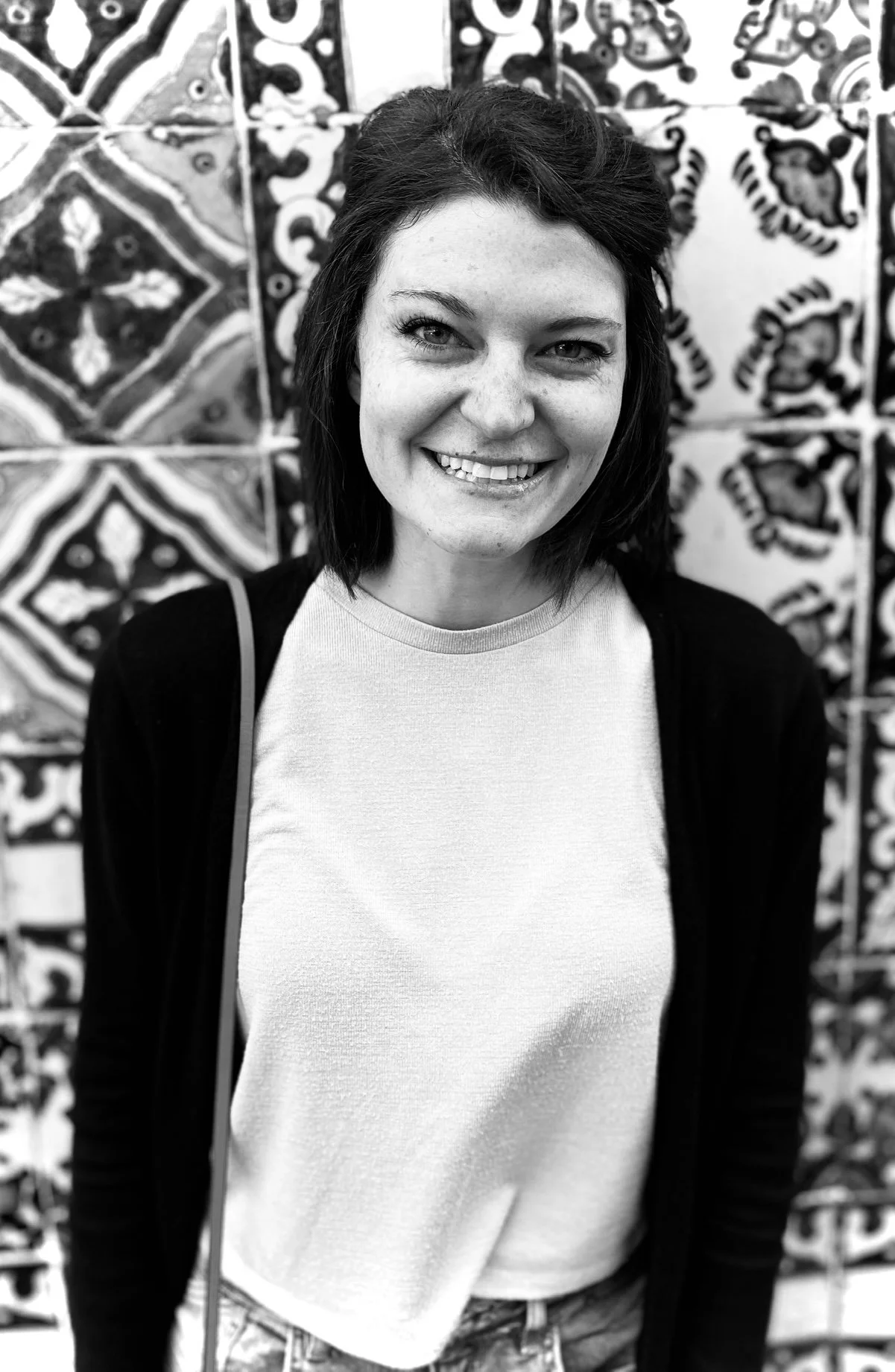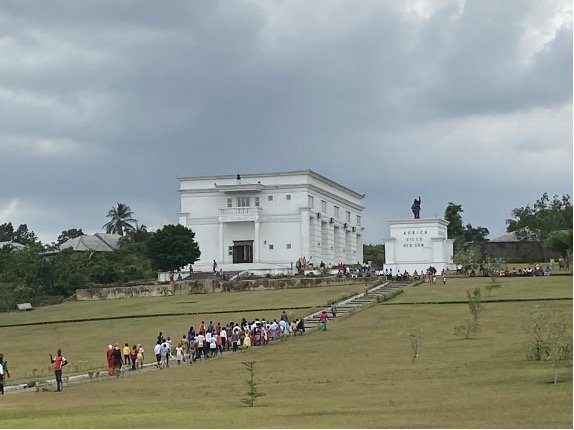The Legal Design Lab
CAL’s Legal Design Lab is a legal innovation space dedicated to developing strategies to combat the global crisis of corporate impunity, particularly related to abuses against workers, communities, and the environment in global supply chains. Due to a dwindling set of legal tools and the widespread acceptance of hollow and voluntary corporate social responsibility (CSR) commitments, corporations escape liability for abuses like withholding workers’ wages, forced labor, torture, sexual and gender-based violence, and killings. As a result, victims often receive no remedy or compensation. CAL’s Design Lab is akin to a research and development department. It’s where we incubate non-traditional legal strategies, build connections, conduct research, and facilitate strategic and collaborative spaces using design thinking processes and mindsets. The Lab is therefore the “heart of CAL,” a space for creation and development. Design Lab innovations are not meant to stay in the Lab--they are most useful when brought to the field, the factory, and the courtroom. Through projects like the Brain Trust, Idea Bank, Civil Litigation Skillshare, and Corporate Liability and Sustainable Peace (CLASP) Lab, CAL is always refining and building on our innovations, learning about other ideas, and testing what is promising in the real world.
What is design thinking?
Design thinking is a creative, iterative, and human-centered approach to problem solving that emerged in the product development space and is increasingly being used in other sectors, including by law firms and non-profits. It’s a purposeful way of thinking and working with others that is intended to spark creativity and generate out-of-the-box and so-crazy-it-just-might-work solutions. By being intentional about conceptualizing a problem and, in turn, choosing a strategy to address that problem and test it out, it is possible to discover solutions that are novel and more effective than strategies that have been tried before and to avoid wasting resources on ineffective strategies.
How does CAL use design thinking to advance corporate accountability?
We apply design thinking processes and mindsets to develop ideas for non-traditional legal strategies to advance corporate accountability for human rights abuses. This process, borrowed and adapted from the model below, informs every part of our work. In the CLASP Lab, design thinking helped us imagine a new kind of transitional justice coalition which transcends language, culture, history, and geography. During internal Design Days, the entire CAL team uses design thinking to create comprehensive stakeholder maps for particular corporate abuses—making it possible to identify previously hidden opportunities for remedy and justice. Design thinking also forms the underlying thesis of the Idea Bank, which serves as a powerful database of innovative (and often moonshot) ideas for use by corporate accountability advocates and litigators.
Legal Design Lab Projects
We can’t share all of the things we’re working on, but here are a few highlights:
Our Idea Bank, which is an online platform that serves the corporate accountability community by providing: 1) a tool to enable, foster, and supplement in-person and online connection between colleagues in the corporate accountability community worldwide; and 2) a working space where corporate accountability lawyers and activists can share knowledge, including novel ideas and lessons learned. We believe that the much-needed innovation in the corporate accountability field will come from working together across experiences, perspectives, and jurisdictions. This is why the Idea Bank includes a repository of legal research. Our aim is to provide a dynamic space not just for polished publications, but for memos, notes, and musings on ideas that are shared for input with trusted members of our community. Find a more detailed description on the Idea Bank itself or on our website page.
The Corporate Liability and Sustainable Peace (CLASP) Lab, a project of our Corporate Accountability in Transitional Justice program, was a virtual cross-jurisdictional “social lab” conducted over the course of 2021. In the Lab, we used legal design processes and mindsets to develop strategies to advance corporate accountability for human rights and environmental abuses committed in conflict settings, an area rife with impunity. We drew together a diverse group of social justice lawyers and impacted community members from 25 countries to understand the global phenomenon or corporate impunity in post-conflict settings and innovate collaboratively by developing testable prototypes for accountability. The Lab will continue in a new iteration as the CLASP Coalition beyond 2021.
We’ve developed innovative contract language that makes human rights terms incorporated into supply chain contracts enforceable by workers, meaning that workers who are harmed by a breach of those terms (think: payment below minimum wage, harassment, union busting) could sue suppliers. This language is meant to incentivize suppliers to abide by human rights terms in their contracts with buyers and provide harmed workers straightforward access to remedy. So far we’ve worked with a private US-based buyer who has incorporated this language into contracts with 14 major apparel brand suppliers. We’re also working with a US City to incorporate worker-enforceable language into its Sweat Free procurement contracts. We’re excited to continue developing this strategy in the Lab by working with more private and public buyers who want to step up enforcement of human rights terms in their contracts with suppliers, tweaking and testing this strategy with buyers outside the United States, and expanding contract language for example to include impacted community members who are harmed by a breach of environmental contract terms.
Our Brain Trust, which is a pro-bono network of multi-disciplinary legal experts we can tap for research help and advising.
In addition to these projects, we frequently host public webinars and closed-door strategy meetings in response to developments in the corporate accountability world. Just in the last few months, we organized a convening with several of our partner organizations to analyze the impact of the Supreme Court’s recent decision in Nestle v. Doe, held small-group discussions with litigators and policy advocates on the legislative opportunities currently available to the corporate accountability community (and made more urgent by Nestle), and facilitated a half-day workshop—attended by more than 20 organizations—to identify and articulate corporate accountability legislative priorities for 2022.
Our Design Lab is also sometimes approached by advocates in the field or by members of communities impacted by corporate abuse and asked to take on projects that have otherwise received little attention and have few resources. CAL’s design thinking approach is uniquely equipped for this type of innovation, and some of our most creative ideas and most impactful strategies for remedy have come from intake projects. When an intake is not within our team’s capacity or expertise, we do our best to connect the project leads to colleagues and partner organizations who are better poised to help.
Program Staff
Avery Kelly, Staff Attorney
Reynolds Taylor, Staff Attorney















This year, states will begin implementing a global minimum tax rate of fifteen percent on multinational corporations with more than €750 million (about $810 million) in revenues. If these tax reforms succeed in increasing tax revenues across the approximately 140 implementing countries as they intend, these additional funds could be used to advance the social and economic rights of their citizens, especially for the most vulnerable populations, including those whose rights have been abused by corporations historically. However, the coming tax reforms are still so riddled with gray areas regarding form and function that it is too early to call the initiative a victory in corporate accountability.